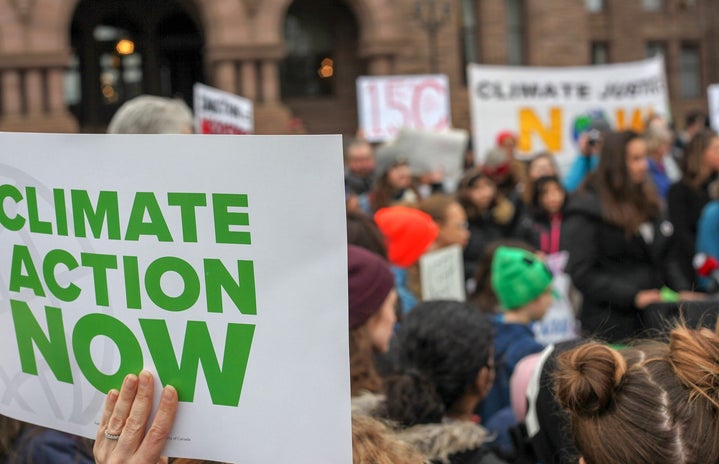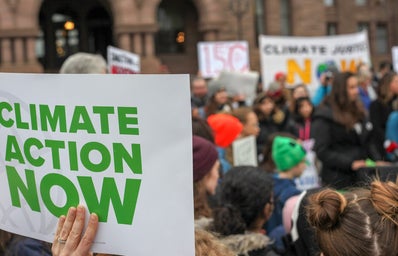To say the last year was difficult would be an understatement, but our world leaders are hoping to bring about positive change to turn the year around. The 31 October marked the beginning of the United Nations Climate Change Conference, also known as COP26. This two-week conference held in Glasgow, Scotland is arguably the world’s most important forum on climate, hosting nearly 200 world leaders.
This conference follows the 2015 Paris Agreement where discussions around climate change first began. The UN resolved to hold a conference every five years for world leaders to recommit to and maintain their promises as well as set more ambitious goals to reduce the effects of climate change. The 2015 Paris Agreement brought about commitment from world leaders and policymakers to acknowledge the climate crisis. However, the intention of this year’s conference is to bring about total change. The decisions made at this year’s conference will determine the future of the planet as our world leaders decide on a direct course of action in an effort to stop climate change. During his speech at the Opening Ceremony, Sir David Attenborough said, “In my lifetime I have witnessed a terrible decline. In yours, you could and should witness a wonderful recovery. That desperate hope is why the world is looking to you and why you are here.”
“In my lifetime I have witnessed a terrible decline. In yours, you could and should witness a wonderful recovery. That desperate hope is why the world is looking to you and why you are here.”
Discussions surrounding methane reduction, the elimination of coal production, and the monetary incentivization of carbon emission reduction will take place which will have positive impacts for decades to come. However, an important discussion around ways in which to help those experiencing the effects of climate change right now needs to be had. With the current climate change policies in place, we are on the path of reaching 2.9 degrees Celsius warming above pre-industrial levels. Compared to the expected 3.7 degrees Celsius we were expected to reach with the policies in place at the 2015 Paris Agreement, this might look promising. However, we are certainly not on track. If the goals of the COP26 are implemented this year, we will be able to at the very least reduce warming to 2.4 degrees Celsius.
Since the 2015 Paris Agreement, our world leaders have known that we need to reach 1.5 degrees Celsius warming before deadly environmental effects occur. Developed nations, which have the greatest carbon footprints and are historically the greatest polluters are not experiencing the effects of climate change as greatly as developing countries. This is because smaller countries do not have the funding or infrastructure to combat climate change and are experiencing the worst effects, with rising temperatures making it more difficult to access clean drinking water. Developing countries whose economies rely on tourism for income are receiving the greatest hit with rising sea levels and extreme winds. If the temperature rises to even 2 degrees Celsius warming the results will be catastrophic with coral reefs dying and never-ending wildfires predicted.
The effects of climate change can be seen all around us. This year appears to be our last chance to address the challenges surrounding climate change. If changes are not implemented and funding is not created at COP26 it seems unlikely to be implemented in the near future. Beyond traditional discussions, world leaders need to adjust the economy to support renewable energy, green technology, and the buying and manufacturing of electric vehicles. Norway has implemented this by ensuring that 90% of all new cars sold are either electric or plug-in hybrids. This shows that with infrastructure, funding, and incentives, countries can comfortably move away from petrol vehicles.
With goals to secure global net-zero emissions by 2030, this is our last chance to come together and support one another in saving the planet. It is the duty of well-off, developed countries to aid smaller, developing countries in their fight against the climate crisis too. Unless we band together to put pressure on the government, policymakers, and big organizations, there will be no change. With that being said, you can find updates on the COP26 conference through Twitter or through their website as we expect to see big changes coming over the next two weeks.


